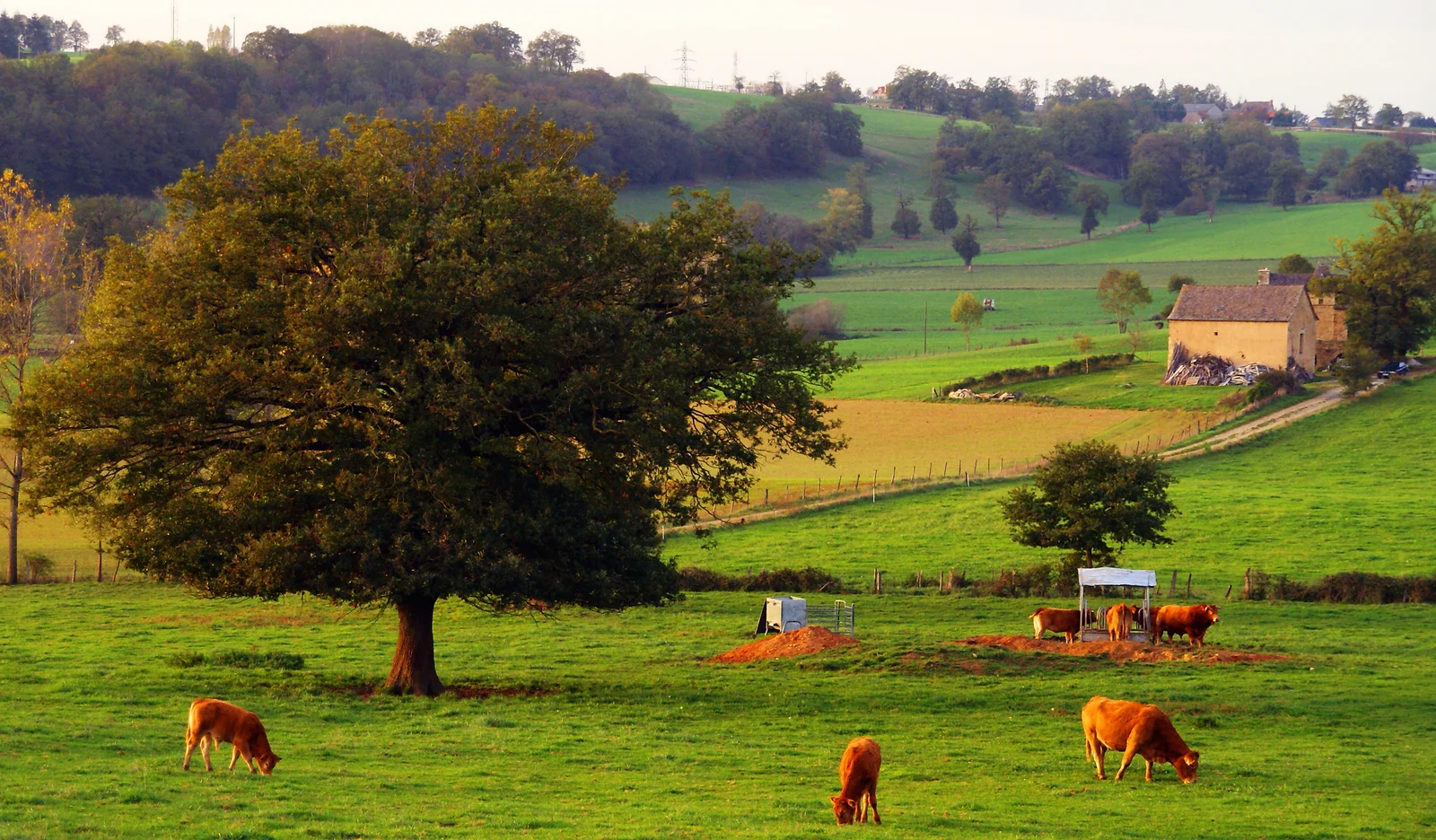Research Strategy and Main Research
As HNEE, we aim to achieve a high reputation and impact in the field of application-orientated research for sustainable development by 2030. In this context, HNEE also sees itself as a driving force and would like to provide a framework for discussions and debates on how a transformation towards sustainability can look and be shaped in the context of the environment, technology, economy and social issues.
The focus of the → research strategy is on application-oriented research aimed at developing solutions to sustainability problems and challenges in the fields of action of HNEE's three key research areas.
HNEE's research focus areas reflect the teaching and research activities at HNEE; at the same time, they serve to improve the visibility and positioning of sustainability research topics.
Sustainable development of rural areas
The focus is on analysing and monitoring the sustainable, region-specific development of rural areas against the backdrop of global change (climate, demographics, loss of species, etc.). The focus is on various land uses from agriculture and Forestry, regional management to nature conservation. Central topics are the research areas of landscape, landscape and forest management with different forms of sustainable land management.


Sustainable production and utilisation of natural materials
Lignocellulose materials, including wood in particular, are characterised, described and modified using modern testing and investigation methods in wood biology, wood physics and wood chemistry. Research is also being conducted into process engineering, mechatronics and process and product development along operational value-added chains. New possibilities are being opened up in modern timber construction - also through the use of modern timber-based materials.
Sustainable management of limited resources
The social science and economic perspective of (1) society with its demands on and framework for land use, (2) sustainable economics, corporate responsibility, corporate development and management, (3) sustainable tourism, (4) environmental governance, transformation and economics is being researched. The areas are united by the development of sustainability-orientated approaches to dealing with limited resources in the context of rural areas and sustainable economic systems.
